NATO chief warns of China challenge, but denies new 'Cold War'
NATO Secretary-General Jens Stoltenberg has reiterated the military alliance’s persisting fear of a stronger China, insisting that although Beijing is not an enemy, the group must adjust to its rising power.
“We're not entering a new Cold War and China is not our adversary, not our enemy,” Stoltenberg said after the leaders of member nations met in Brussels on Monday for their first summit during the administration of what the alliance views as a more friendly US President Joe Biden.
“But we need to address together, as the alliance, the challenges that the rise of China poses to our security,” Stoltenberg added without elaborating. "We know that China does not share our values ... we need to respond together as an alliance," Stoltenberg also said as he arrived for the one-day summit in Brussels.
"China is coming closer to us. We see them in cyberspace, we see China in Africa, but we also see China investing heavily in our own critical infrastructure," he added, a reference to ports and telecoms networks.
Speaking earlier on the eve of the NATO summit on Sunday, Stoltenberg sounded a lot more hostile against Beijing, accusing it of human rights violations and insisting that leaders of the military alliance should forge a stronger common policy towards an increasingly dominant China.
"China does not share our values. We see that in the way they crack down on democratic protests in Hong Kong, how they oppress minorities like the Uyghurs" in western China, as well as how they use modern technology to monitor their population "in a way we have never seen before," Stoltenberg claimed during an interview with Canadian public network CBC.
"So all of this makes it important for NATO to develop a policy, to strengthen our policy when it comes to China," he further asserted.
He went on to emphasize that China has the second largest defense budget in the world, the biggest navy, and is investing massively in new military material, which "affects our security."
While acknowledging that members of the alliance had gone through some "challenging discussions" during the administration of former US president Donald Trump, the NATO chief insisted that the military alliance remained "extremely robust and strong."
But now "we have a US president, President Biden, who is strongly committed to NATO, to European security, and is ready to invest more in NATO," Stoltenberg added.
Russia also on NATO radar
The summit meeting takes place just ahead of a high-profile meeting in Geneva between Russian President Vladimir Putin and Biden, a Democrat who is more hostile towards Russia than his Republican predecessor, Trump, and has vowed to get “tough” on his Russian counterpart and “let him know” what he wants him to know.
"The relationship between NATO and Russia is at a low point, the lowest point since the end of the Cold War," Stoltenberg also stated Sunday in an interview with The Times Radio.
"We see the willingness to use military force against neighbors; Ukraine, Georgia. But we also see cyber attacks. We see attempts to meddle in our political democratic processes, to undermine the trust in our institutions and efforts to divide us," he added.
"We believe that NATO is vital to our ability to maintain American security and I want them to know that NATO is a sacred obligation," said Biden on Sunday at the end of the G7 before flying to Brussels.
This is while White House national security adviser Jake Sullivan stated on Sunday that G7 leaders had rallied around the need to "counter and compete" with China on challenges ranging from safeguarding democracy to technology, Reuters reported.
Meanwhile, Biden also admitted on Sunday that ties with Russia are at a “low point” a day after Putin insisted that “bilateral relationship… has deteriorated to its lowest point in recent years.”
“I think he’s right, it’s a low point, and it depends on how he responds to acting consistently with international norms, which in many cases he has not,” Biden said at a press conference to mark the end of the G7 summit in the English county of Cornwall on Sunday.
Biden also accused Putin of interfering in the 2016 presidential election, allegations repeatedly denied by Moscow.
“I checked it out, so I had access to all the intelligence. He was engaged in those activities. I did respond and made it clear that I’d respond again,” the US president said.
Jan. 15: ‘Axis of Resistance’ operations against Israeli occupation
VIDEO | US fires: Criticism mounts over govt. failure to respond
VIDEO | Fears, hope in Gaza amid intensified ceasefire efforts
VIDEO | Press TV's news headlines
Hamas: Ceasefire agreement result of steadfastness, resistance in Gaza over 15 months
Hamas thanks Iran, Resistance Front following achievement of ceasefire in Gaza
'Capitulation': Israeli officials and media concede Gaza defeat as truce unfolds
'Gaza has won': Social media users react to ceasefire with mix of relief, joy


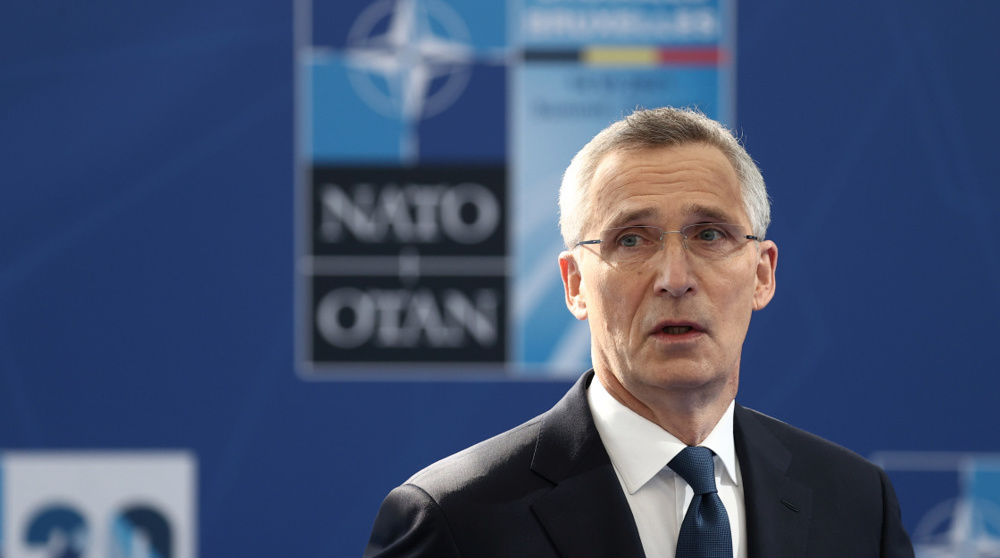



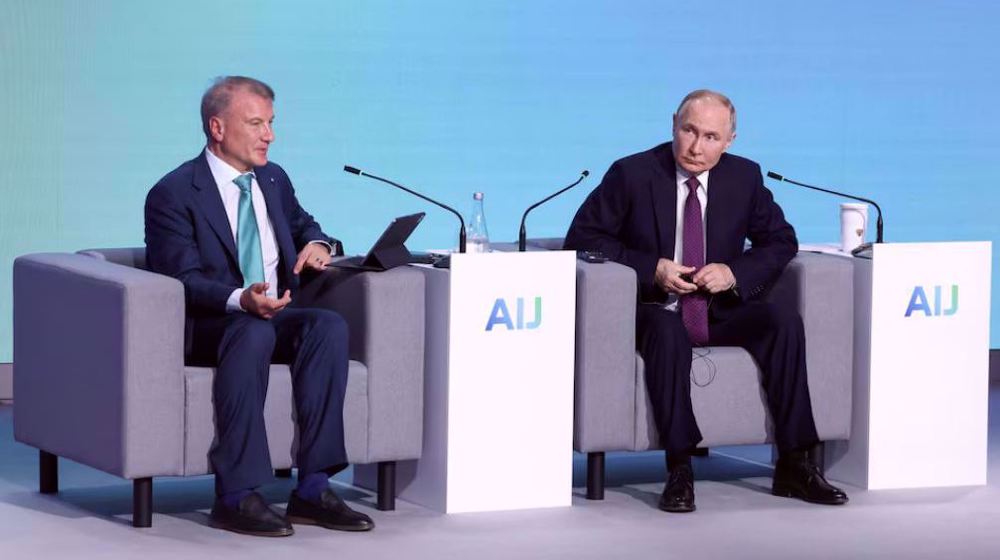
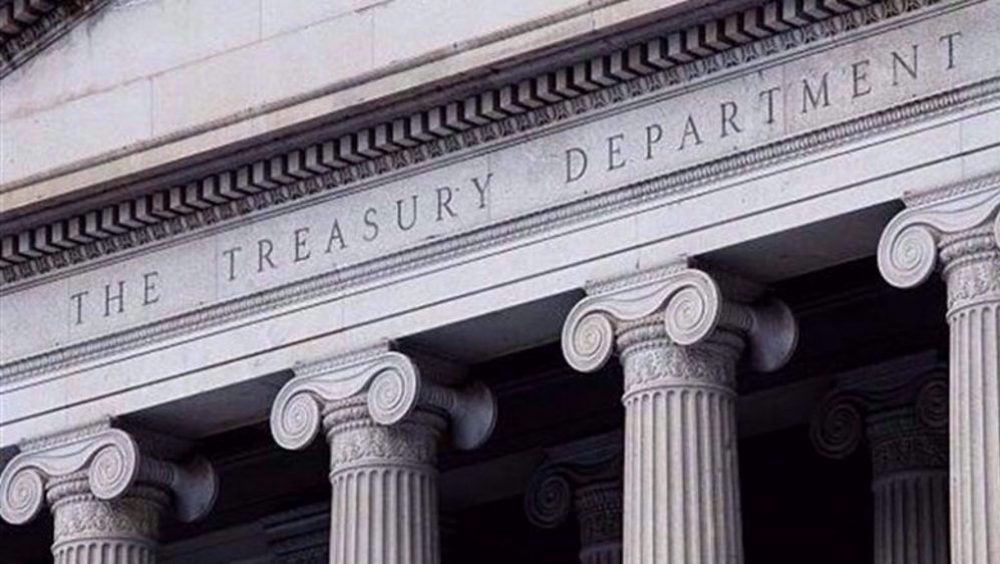



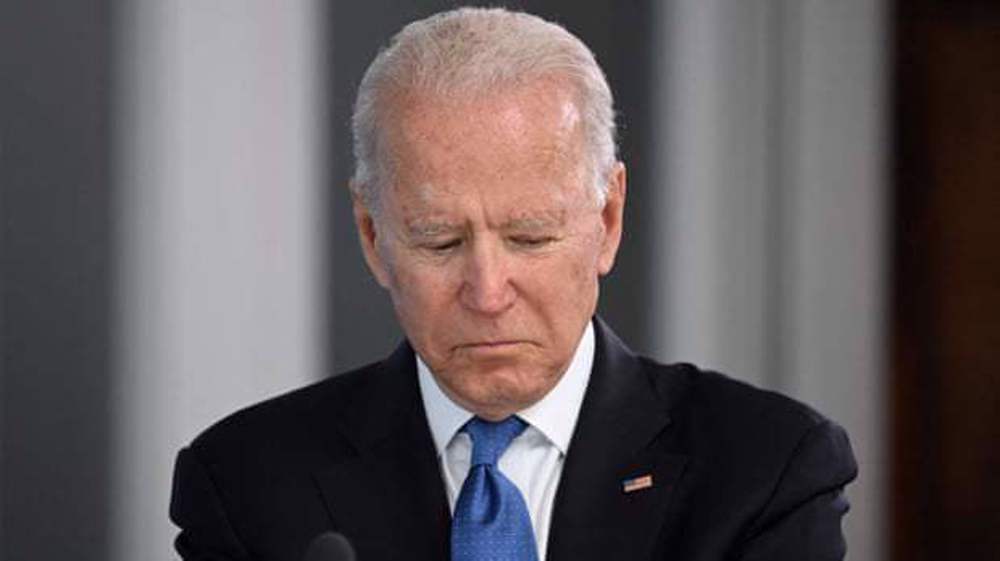
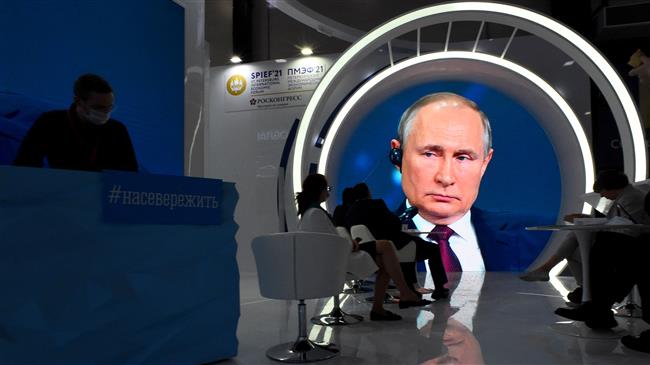
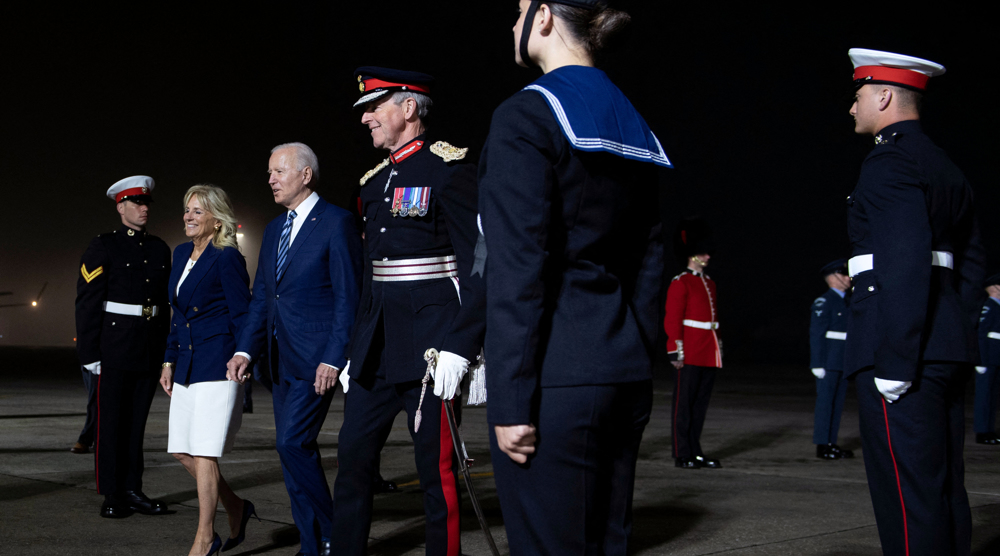

 This makes it easy to access the Press TV website
This makes it easy to access the Press TV website